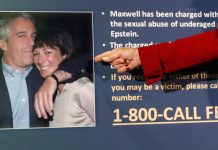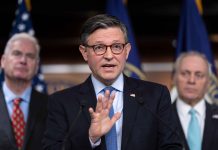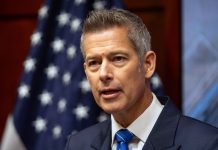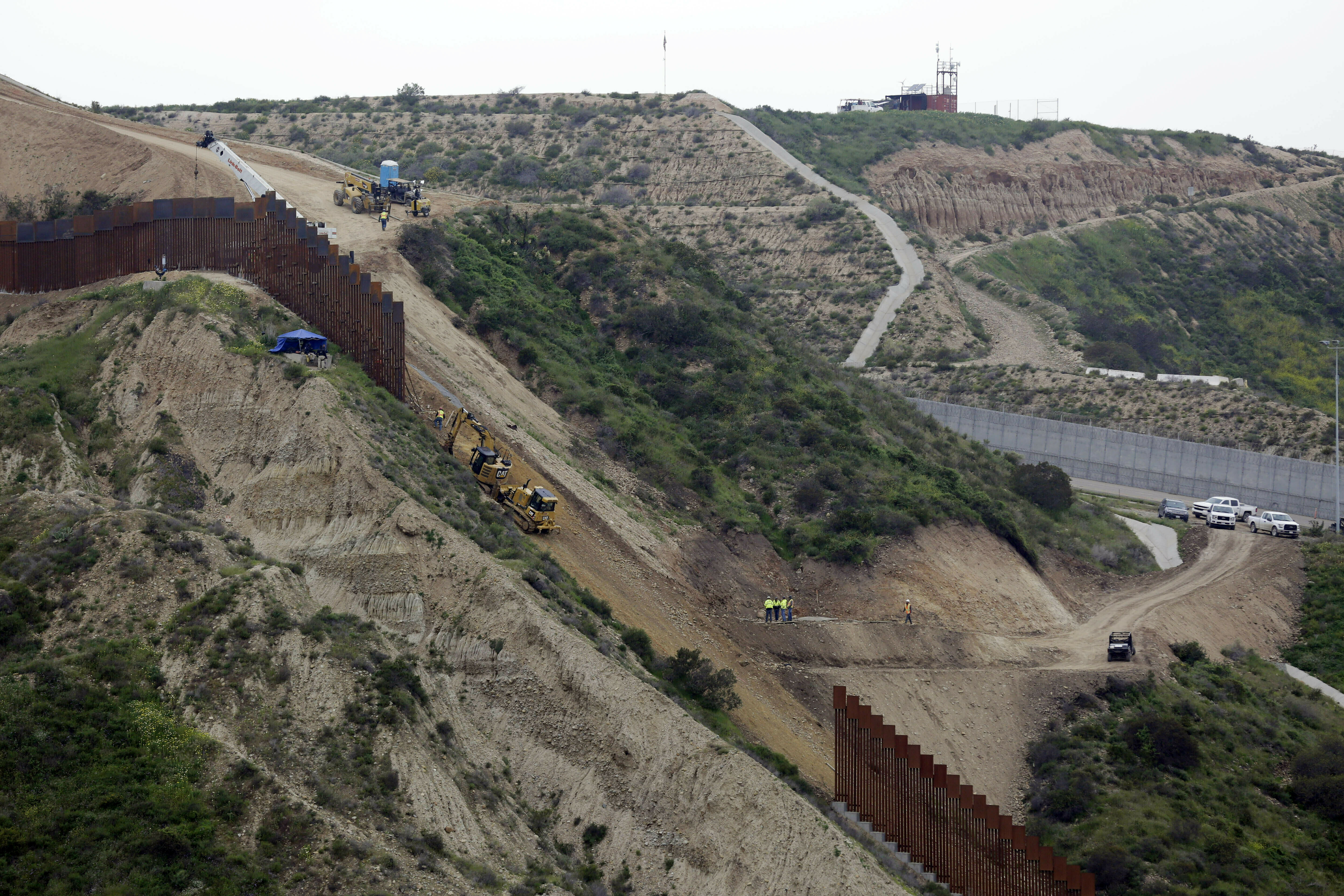Amid criticism of Democratic National Committee debate rules for the 2020 election, Chairman Tom Perez on Thursday defended his decisions to raise the qualifying threshold for later debates and to reject the idea of one-issue debates, even for matters as grave as the climate crisis.
“The candidates for president on our side are spectacular,” Perez said of the two dozen Democratic White House hopefuls , and all of them, the chairman added, will have “unprecedented opportunities to make their cases to the voters.”
But that’s not how some candidates see it after Perez raised the polling and grassroots fundraising thresholds for the third and fourth debates in September and October, doubling the marks set for the first two debates in June and July. Montana Gov. Steve Bullock’s campaign is adding a complaint about which polls the DNC is using to determine participants in the first debate on June 26-27, arguing that Perez’s team could end up excluding Bullock.
Still, Perez notes that the rules for the first two debates — reaching 1 percent in three approved polls or amassing at least 65,000 donors — could result in close to the maximum 20 candidates qualifying.
“What we’re going to do at the end of June and end of July is unprecedented,” he said, noting that the DNC had pressed the sponsoring television networks to devote two weeknights each month for such a large field.
Raising the requirements thereafter, plus requiring candidates to reach both the fundraising and the polling marks, makes sense in a process that ultimately requires winning millions of votes to become the nominee.
“As you get closer to the primaries and caucuses, you’ve got to demonstrate progress. That is not a new concept,” Perez said, adding that “if you want to win the presidency, you’ve got to raise money through the grassroots and connect with the grassroots” anyway.
Bullock’s campaign is crying foul that the DNC is not including a Washington Post/ABC poll from February that was open-ended, meaning voters could offer their preferences without being prompted from a list. Bullock cleared 1 percent in the poll, but the DNC has since declared that it isn’t using open-ended polls that don’t poll voters using a list of candidates.
The national party confirmed publicly Thursday that open-ended polls aren’t good enough, leading Bullock’s campaign manager to offer a scathing memo accusing Perez’s team of issuing a “secret rule” that “unfairly singles out” the only Democratic candidate who won reelection in 2016 at the same time his state voted overwhelmingly for Donald Trump. Bullock already is at a disadvantage to clear the fundraising thresholds, since he didn’t launch his bid until May, after Montana’s legislature adjourned.
DNC officials say Bullock was informed in March that the open-ended poll wouldn’t count toward his debate qualifications. Perez didn’t address Bullock’s situation specifically but argued that he’d “been exceedingly transparent and inclusive from the outset … giving candidates time” to meet the qualifying rules.
Washington Gov. Jay Inslee, meanwhile, has met the summer debate thresholds but is blasting the DNC for not heeding his request for a debate focused solely on the climate crisis. He’s made climate actions the centerpiece of his campaign.
“I don’t understand it because they’re basically saying they don’t want us to have the most effective, clearest, helpful way to voters to really tease out distinctions among the candidates,” Inslee said in an interview.
Perez acknowledged climate issues were notably absent from the party’s 2016 primaries, calling it an “unconscionable” oversight. This time, Perez said, “I personally spoke to all the networks who were asking for debates to say climate needs to be part of the discussion because it is such an enormously important issue.”
But the answer, Perez argued, isn’t scheduling one-topic debates.
“For these issues to be relegated to one debate, you ignore the opportunity for it to be part of every debate,” Perez said.
Plus, he argued, candidates aren’t running for a one-issue job. “Presidents of the United States must multitask; they must deal with an array of issues on any given day and sometimes in any given hour,” he said. “What we have to do as a party is create a debate process that will ensure our candidates demonstrate fluency on a wide range of issues, so that the American people can kick the tires on the issues that matter most.”q
___















